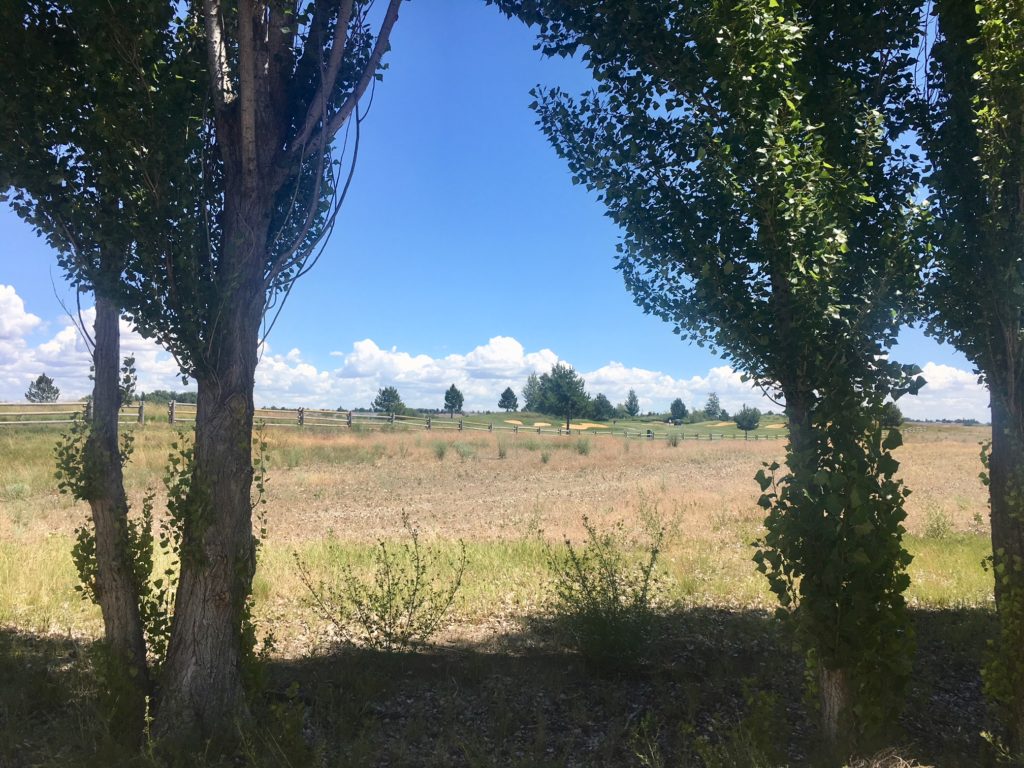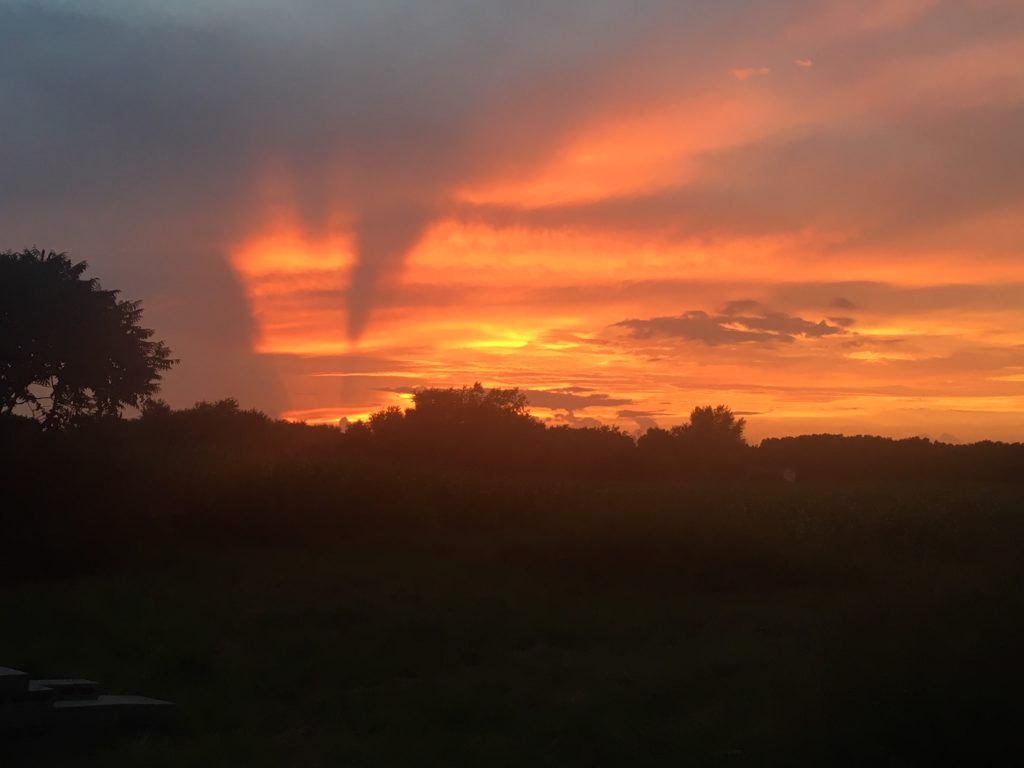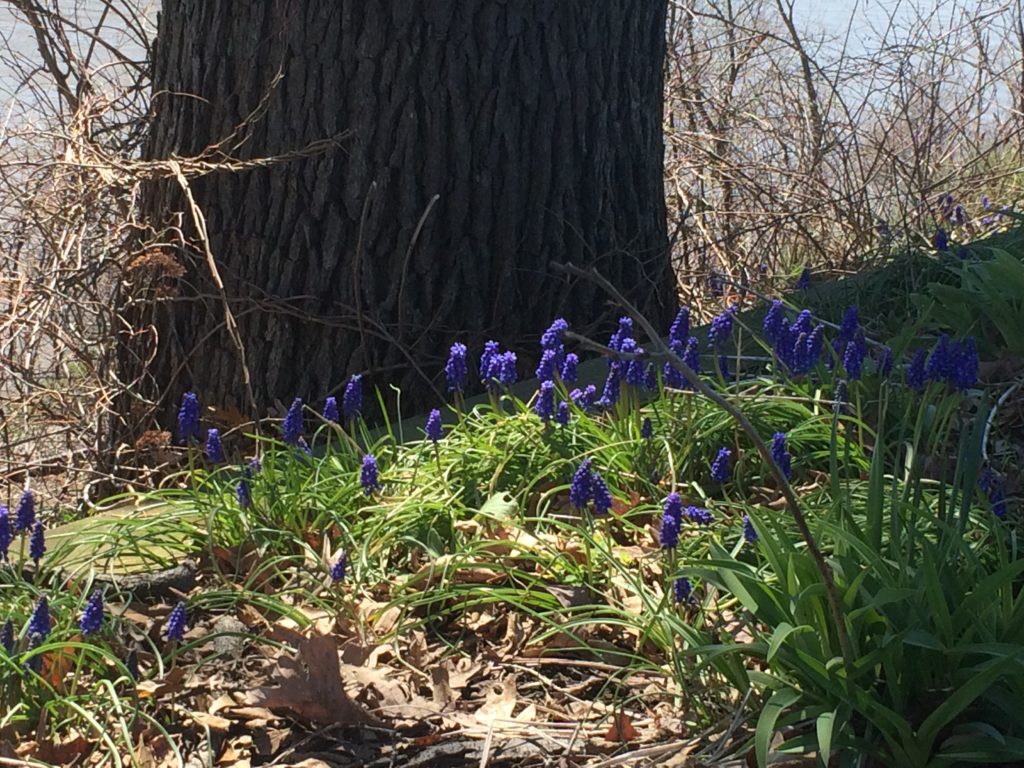
Washington State



 “The seemingly everlasting winter has held its grasp far too long. Cabin fever lingers, and we find ourselves bursting with a craving for green grass, budding blossoms, chirping birds, lingering daylight, and the opportunity to shed the layers of clothes we’ve been trudging around in for months now.
“The seemingly everlasting winter has held its grasp far too long. Cabin fever lingers, and we find ourselves bursting with a craving for green grass, budding blossoms, chirping birds, lingering daylight, and the opportunity to shed the layers of clothes we’ve been trudging around in for months now.
And then, finally, spring arrives. As if it has been sleeping for months, the earth begins to awaken.
To me, there is nothing more exciting than the moment the first bit of green, that long-lost and forgotten hue, emerges from the thawing ground.
The moment you can throw open the windows and inhale the first breezes that soften the bracing winter air.
The moment the stillness comes alive with birdsong and buzzing and a constant trickle from the thaw – when the sweet scents of daffodils and forsythia awaken our senses, fiddleheads make their way through the soil, ramps spread wild over the forte ground, stalks of rhubarb gain height, and spring parsnips (wintered over, now sweet) are finally ready to be pried from the thawing ground.
New life, new hope, and new dreams emerge with this season that I wait for most impatiently, the season of new beginnings.”
 Given that this week marked the 500th anniversary of the beginning of the Protestant Reformation, we felt it would be amiss not to recognize its significance.
Given that this week marked the 500th anniversary of the beginning of the Protestant Reformation, we felt it would be amiss not to recognize its significance.
A commentary in the Wall Street Journal by Eric Metaxas, “The Real Story of the Reformation” (10/30), sheds light on the history behind Martin Luther’s “nailing” of the 95 theses on Castle Church in Wittenberg, Germany.
Note: Eric Metaxas is the author of the book Martin Luther: The Man Who Rediscovered God and Changed the World (October 2017).
The quote:
 An op-ed in The New York Times, “Silicon Valley Can’t Destroy Democracy Without Our Help” (11/2), encourages us to hold ourselves more accountable for seeking the truth in the current news landscape, instead of labeling ourselves as “victims of Silicon Valley manipulation.”
An op-ed in The New York Times, “Silicon Valley Can’t Destroy Democracy Without Our Help” (11/2), encourages us to hold ourselves more accountable for seeking the truth in the current news landscape, instead of labeling ourselves as “victims of Silicon Valley manipulation.”
The quote:
 An op-ed in The New York Times, “Seasons of the Witch” (11/3), examines the renewed appeal of hexes, witchcraft and magic in American culture.
An op-ed in The New York Times, “Seasons of the Witch” (11/3), examines the renewed appeal of hexes, witchcraft and magic in American culture.
The quote:
An article in Quartz, “A Biologist Believes That Trees Speak a Language We Can Learn” (11/3), quotes biologist George David Haskell, author of the 2017 book The Songs of Trees, who believes trees are “biology’s philosophers, dialoguing over the ages, and offering up a quiet wisdom.”